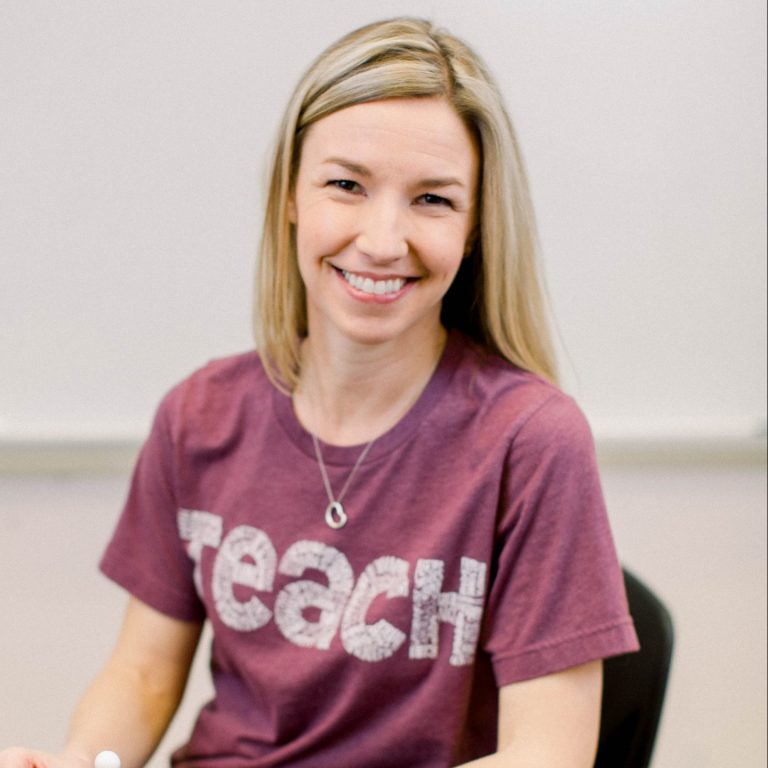How to help the students that “just don’t get it”
These are your kids that tend to give up easily. They struggle, don’t believe in themselves, and get frustrated easily. How can you keep these kids from quitting and start believing in themselves?
“Algebra 2 can be intimidating for my students so I have a word wall for them that shows math terms and concepts in context with lots of examples. I also give my students “cheat sheets” for the multi-step work we do, like graphing exponential functions or factoring quadratics. When one of my kids gets overwhelmed, I will also cut back on their amount of work. This is a special education accommodation that we use for kids with slower processing speeds and it also works well for kids who are having a tough time for any reason. My central goal is to have kids leave my class with the confidence they need to take on more math classes after high school so everything I do to support my students is done with this in mind.”
-Shana from Scaffolded Science and Math
“The short answer – scaffold! That can look very different depending on the assignment and the students. Some examples would be providing a model, sentence starters, a template, or some labelled diagrams to help get started on an assignment or break down a difficult concept.”
-Tara from Science In The City
How to challenge the students who already get it
These students pick up new concepts easily. Because of this, they tend to get bored and can often act up in class. Giving them more work or asking them to tutor their peers is typically not the solution. So how do you keep them engaged and busy without assigning extra work?
“Try out project based learning! With project based learning, you pose students with a question or problem to solve. There should be many methods to complete the project, so it is a great way for your high kids to dig deeper into the content. For example: suppose you are doing a unit on evolution. Instead of just teaching the students about Darwin and his voyage, have the students create a podcast interview. Students will need to do background research about his journey and his life, write an engaging script, and record it. The higher level students will be thrilled that they get to be creative and problem solve instead of just showing their learning on a test.”
-Becca from Science Lessons That Rock
“I find that many high level learners are pretty motivated IF they are interested in something, and I find it’s my job to really get them interested in it. I feel that high level learners respond well to a lot of thought-type scenario questions like “what if this happened, what do you think would happen next?” I feel that high level learners really have a thirst, a need for their brains to have something to work on. For example, if we are talking about karyotypes and independent assortment, I would pose the question “Are you related equally to all of your grandparents?” (The answer is actually no, you aren’t.) Lower level learners may not be able to grasp this, but higher level learners will be intrigued, and many of them will google it or read more about it and ponder about it in and after class. Higher level learners often want to connect with you on an intellectual level. (I find that sometimes lower level learners are more motivated by connection on the emotional/you-as-a-person level, but that is a big generalization). With higher level learners, you could give them the question and the end result/answer, and ask them to scaffold! Ask them to show you or prove the why on how to reach a particular answer.”
-Bethany from Science with Mrs. Lau
Have any additional tips to share? Leave them in the comments!
Want to save this post for later? Pin here!







